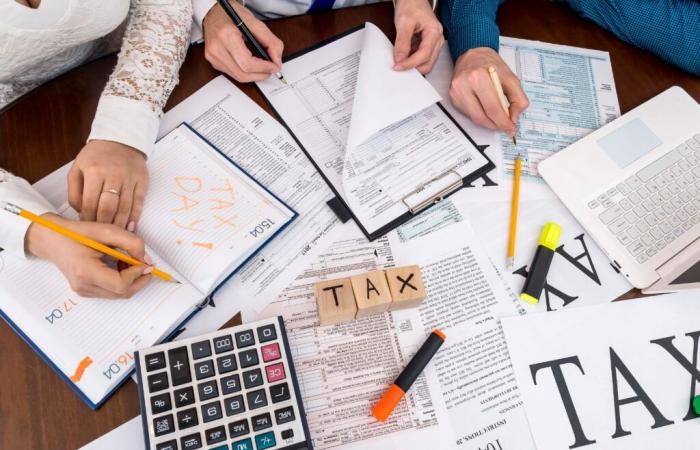You’ll have to think twice before proudly showing off your new car on social media. Not without certain reservations, the National Commission for Information Technology and Liberties (CNIL) finally validated the new methods of the Tax and Customs authorities to strengthen the arsenal for checking tax fraud. In certain very specific cases, administration agents will now be able to suck up and analyze data published on social networksin particular through the use of automated tools boosted with artificial intelligence.
What is changing?
It was in a decree adopted on December 31, 2024 and published on Monday January 1, 2025 in the Official Journal that things were made official. Concretely, the system simply extends the prerogatives of the tax administration, which was already able to track down undeclared swimming pools via Google Maps, and suspicious sales on rental and second-hand sites, such as Airbnb, Leboncoin or Vinted .
Over the past three years, surveillance of online activities has intensified, taking on the appearance of a major open-air experiment for the Tax Office. If the CNIL expressed serious reservations at the time, it ended up admitting “satisfactory guarantees“, while remaining cautious about the actual application conditions of the device. The fact remains that the method bore fruit. Now authorized to create false profiles on sales sites to track down bad payers, certain duly authorized public finance controllers have access to an arsenal of new tools to detect fraud.
New AI-boosted tools
More concretely, the tax authorities will have to ensure that the lifestyle declared by taxpayers corresponds to that displayed on social networks. Luxury cars, watches or designer bagsvacations abroad or undeclared second residence… the objective will also be to identify people who live in France, while they claim to be domiciled abroad to avoid income tax.
To achieve their goals, tax agents will, however, have certain obligations: thus, they will only be able to use data publicly accessible online. The CNIL indeed reminds that these data are limited to “content freely accessible and clearly made public by users“, and that private messages cannot therefore be used as proof of fraud in court. The decree also specifies that the collection of data can only take place in the context of specific suspicions concerning “certain offenses exhaustively listed by law“. However, this will concern both individuals and businesseswhich may be pursued for “minorization or concealment of revenue”.
Guarantees for privacy
In the midst of this new system, the CNIL has, however, called for some necessary guarantees, which should make it possible to avoid abuses of all kinds. Initially, sworn agents will not be able to use “assumed identities” when they collect data on social networks. They must clearly indicate their role and the professional nature of their account. It will also be prohibited from collecting data from sensitive sitessuch as dating or medical platforms. Enough to reassure (a little) the skeptics.
???? To not miss any news on the Journal du Geek, subscribe on Google News. And if you love us, we have a newsletter every morning.






